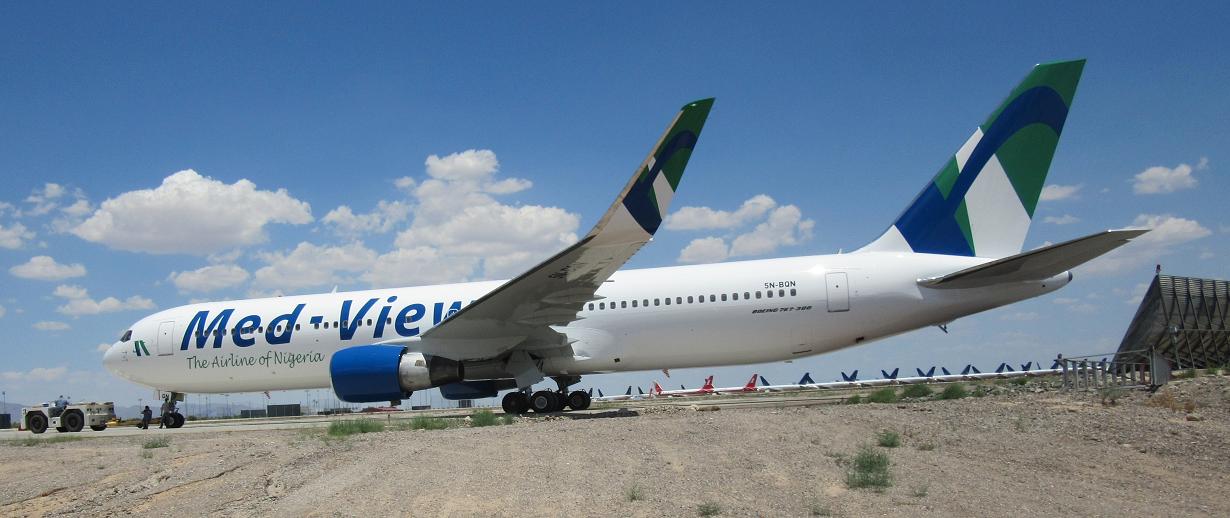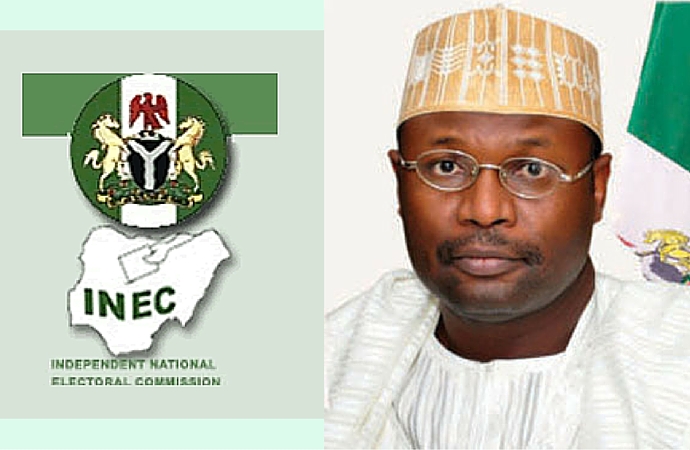The European Union has decided to offer free Internet connection in public spaces throughout the entire bloc to its citizens and visitors, the European Commission said on Tuesday.
Members of the EU reached an informal agreement with the European Parliament to install free wireless Internet access points in public places such as town halls, hospitals and parks by the end of 2017, Efe news reported.
“The European Commission wishes to promote free Wi-Fi connectivity for citizens and visitors in public spaces such as parks, squares, public building, libraries, health centres, and museums everywhere in Europe through WiFi4EU,” a commission statement said.
The political agreement – which is yet to be ratified by the bloc’s Council of Ministers and the EP’s plenary – defines the guidelines for the establishment of public Wi-Fi hotspots, although it does not specify the exact funding that is to be earmarked for the project.
“The funding will be allocated in a geographically-balanced manner across the EU countries and, in principle, on a first-come, first-served basis,” read a statement by the Council.
It added that the scheme’s budget would be finalised following the ongoing mid-term review of the EU’s multi-annual financial framework.
The project, named “WiFi4EU,” aims to set up a multilingual portal that will provide users with a free and secure high-speed Internet connection, as well as easy access to the digital services of the public body offering the connection.
Municipalities, libraries, hospitals and other public bodies will be able to apply for funding for the installation of local wireless access points using simple administrative procedures, according to the Council.
However, the public body itself would be responsible for maintaining the connection for at least three years, although vouchers are expected to be available to cover up to 100 per cent of the eligible costs.



